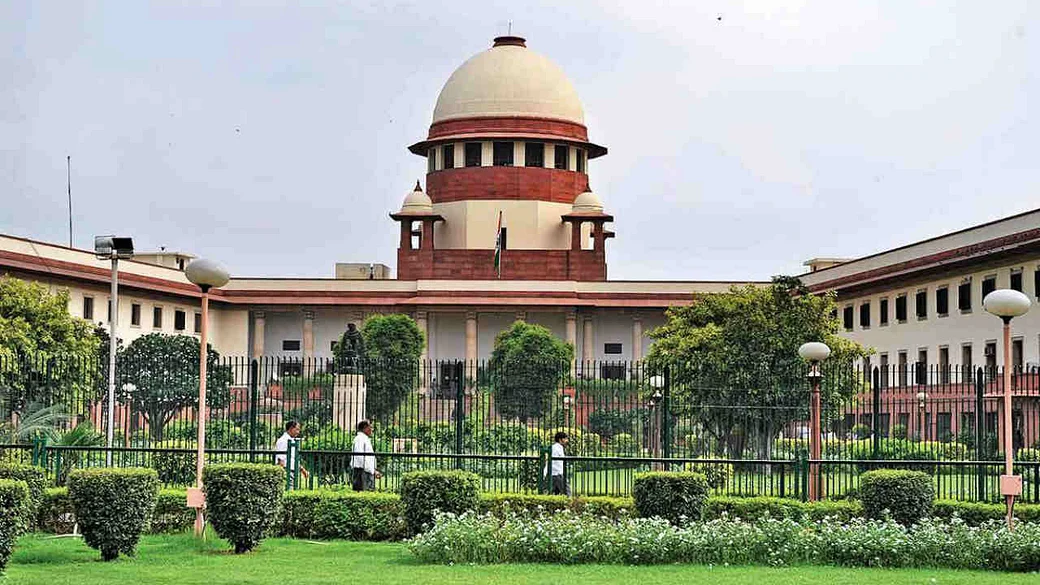The Supreme Court on Monday agreed to examine a public interest litigation (PIL) seeking the issuance of pan-India safety guidelines, reforms, and measures for the protection of women.
A bench led by Justice Surya Kant, along with Justice Ujjal Bhuyan, issued a notice to the Union government, requesting a response on the matter.
The bench said, “We will have to examine where we are lacking to achieve the goal of punitive and penal law. There is not something wrong with the quantity of punishment, but something else.”
The case will be heard again in January 2025.
Senior advocate Mahalakshmi Pavani, representing the Supreme Court Women Lawyers Association, pointed out that despite stringent laws enacted by Parliament, issues like “unwillingness, corruption, and laxity in the police and administrative stakeholders” hinder the timely and effective enforcement of these laws. This, she argued, results in the absence of fear among criminals.
The PIL called on the Supreme Court to take judicial notice and establish strict guidelines with a focus on their time-bound implementation to prevent incidents of sexual violence against women.
Additionally, the plea sought the invocation of the ‘parens patriae’ doctrine to protect the fundamental rights of women, children, and the third gender in India, particularly concerning their rights to safety, dignity, bodily integrity, and a safe environment.
The petition highlighted the surge in crimes against women, girls, and infants, reported across several states such as Kolkata, Delhi, Bihar, Karnataka, Assam, Rajasthan, Uttarakhand, Uttar Pradesh, Tamil Nadu, Jharkhand, Odisha, Punjab, Maharashtra, Madhya Pradesh, and Andhra Pradesh. It referenced the gangrape and murder of a 31-year-old trainee doctor in Kolkata on August 9, describing it as a “ghastly reminder” that the situation has not improved since the 2012 Nirbhaya case.
“The recent Kolkata gangrape of young lady trainee doctor is only one amongst the many which has highlighted the deep-rooted ineptness, red-tapism, bureaucratic cowardice by the law enforcement agencies, political hooliganism, and the brutal, nefarious and grisly state of affairs concerning the safety of women in India. From Nirbhaya Rape Case to Abhaya, the brutality has only manifested into an animalistic expression against women,” the petition said.
The PIL further noted that the safety of women in India is marred by “ineptness, red-tapism, bureaucratic cowardice by law enforcement agencies, political hooliganism, and brutal behavior from criminals.”
The petition also argued that instead of politicizing such sensitive issues, the government must prioritize the security of vulnerable citizens and increase funds for the safety of women, children, and the third gender.
The PIL emphasized that India often responds to sexual violence only after media trials following traumatic cases, which jolts and traumatizes the public.
Additionally, the PIL sought directions for schools to introduce gender sensitivity classes, along with sex education and regular workshops by qualified child psychologists. These would aim to educate boys and girls on biological changes during adolescence and how to handle them in a healthy way.
The plea also stressed the need for government efforts to develop and implement nationwide adolescent programs, in light of the increasing number of adolescent-related issues, including the lack of knowledge on gender equity, sexual harassment, abuse, legal age for marriage, and juvenile delinquency.




















